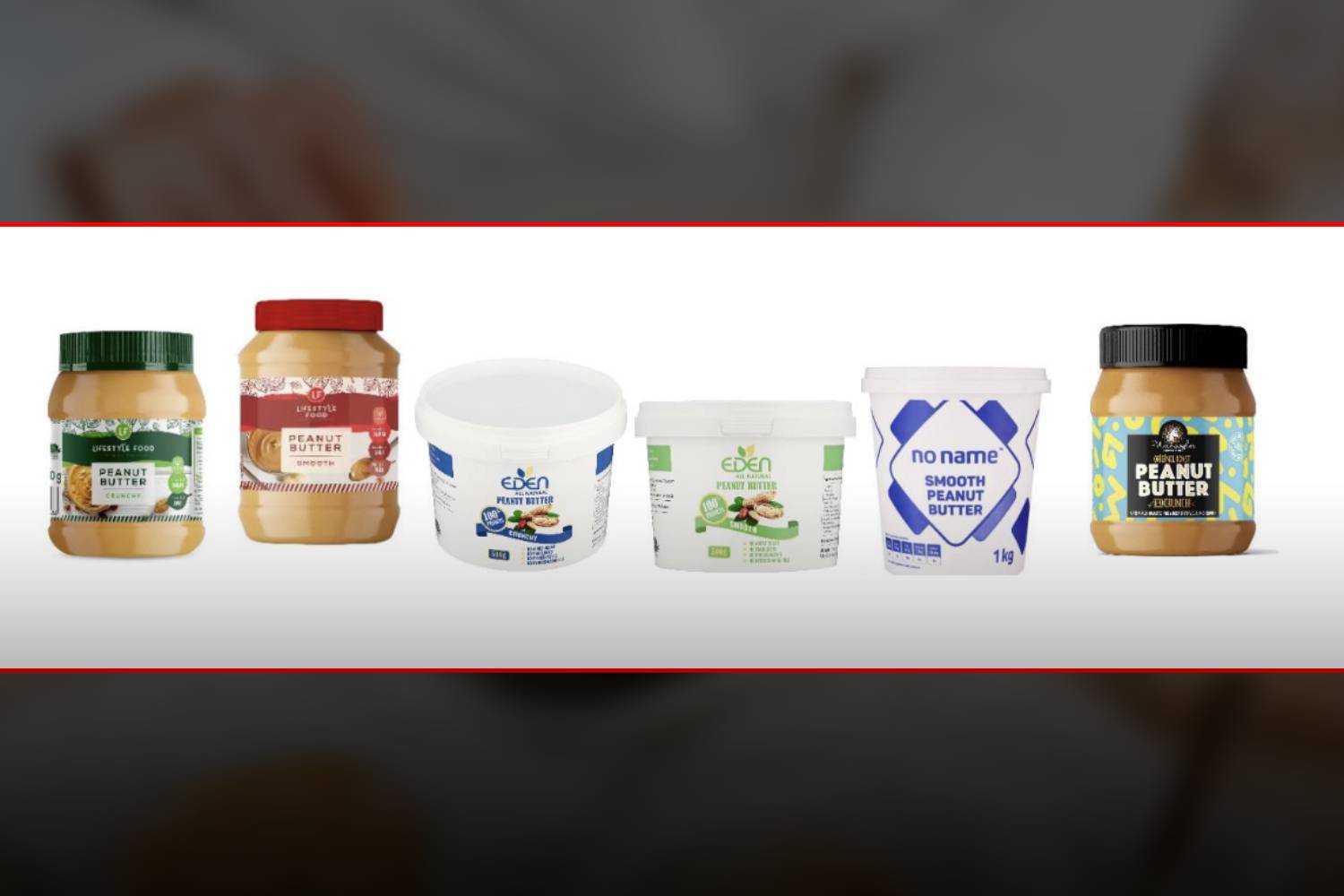The National Consumer Commission (NCC) has taken swift action, calling for a widespread recall of various peanut butter brands produced by House of Natural Butters.
Peanut butter recall: Here’s everything you must know
PLEASE NOTE: The third-party content below is shared on our platform for journalistic purposes. Swisher Post, its parent company, partners and affiliates shall not be held liable for any consequence that arises from the journalistic duties performed in sharing this content.

This drastic step was triggered by the discovery of aflatoxin levels surpassing the legally permissible limits, posing significant health risks to consumers.
The affected products include:
- Dischem’s Lifestyle;
- Wazoogles Superfoods;
- Pick n’ Pay’s No Name; and
- Eden All Natural peanut butter.
Consumers are strongly advised to cease consumption immediately and return the products for a full refund, even without a receipt.
“The Commission urges the manufacturers, distributors, and suppliers of peanut butter to comply with regulations and conduct urgent tests to assess the safety of the products on their shelves and take immediate corrective steps if found to be unsafe,” NCC Commissioner Thezi Mabuza said in a statement.
To identify potentially contaminated products, consumers should check product labels for brand names mentioned in the recall notice.
What is Aflatoxin?
Aflatoxins, toxic compounds produced by Aspergillus flavus and Aspergillus parasiticus moulds, present a serious food safety challenge.
These moulds thrive in warm, humid conditions and can contaminate a wide range of crops, with peanuts being particularly vulnerable.
Aflatoxins are notorious for their carcinogenic potential, leading to liver cancer, and have also been linked to a myriad of other health issues, including immune system suppression, growth impairment in children, and various gastrointestinal problems.
The risk they pose has led to the implementation of strict regulatory standards worldwide to minimise exposure. In the US, for instance, the FDA mandates a maximum aflatoxin level of 20 parts per billion for all foods, while European regulations are even more stringent, setting the threshold at 4 micrograms per kilogram for peanuts and peanut butter.






